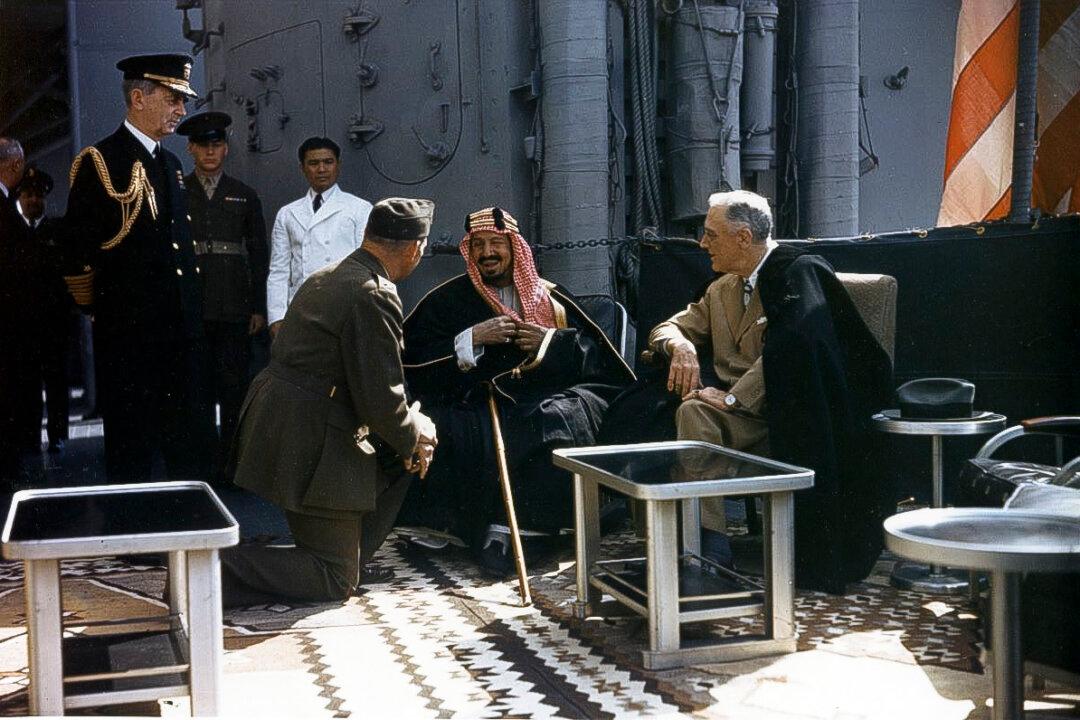If you are looking for a nice pick-me-up book, this is not the one for you. However, if you want to know what is going on in the world, what is going to happen around the globe, and why those things are going to happen, then this is a book that you’ll want to pick up.
Peter Zeihan’s “The End of the World Is Just the Beginning: Mapping the Collapse of Globalization” is as sobering as its title. Thankfully, he has an endearing sense of humor; otherwise, it might be difficult to stomach all the bad news. Yes, this is a book about impending bad news, and calling it “bad news” is definitely an understatement.






